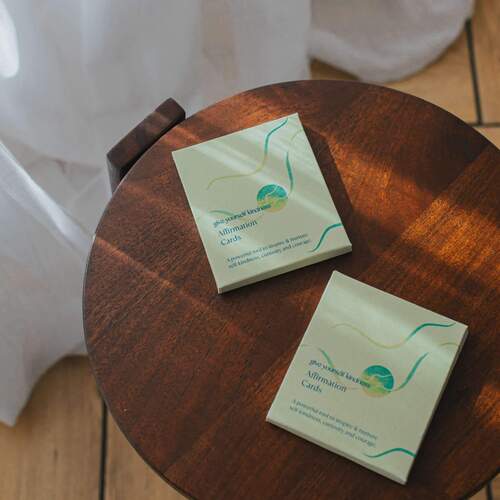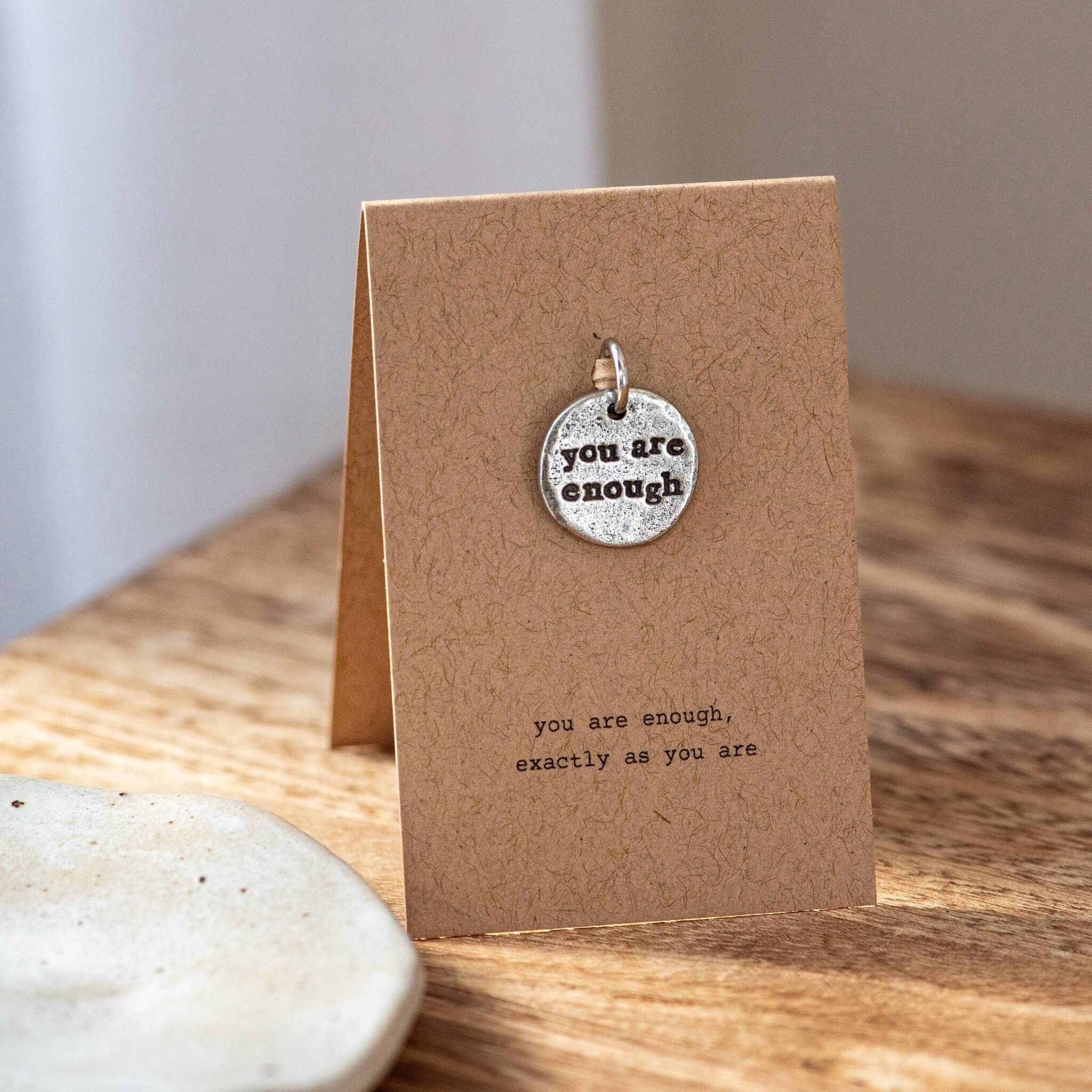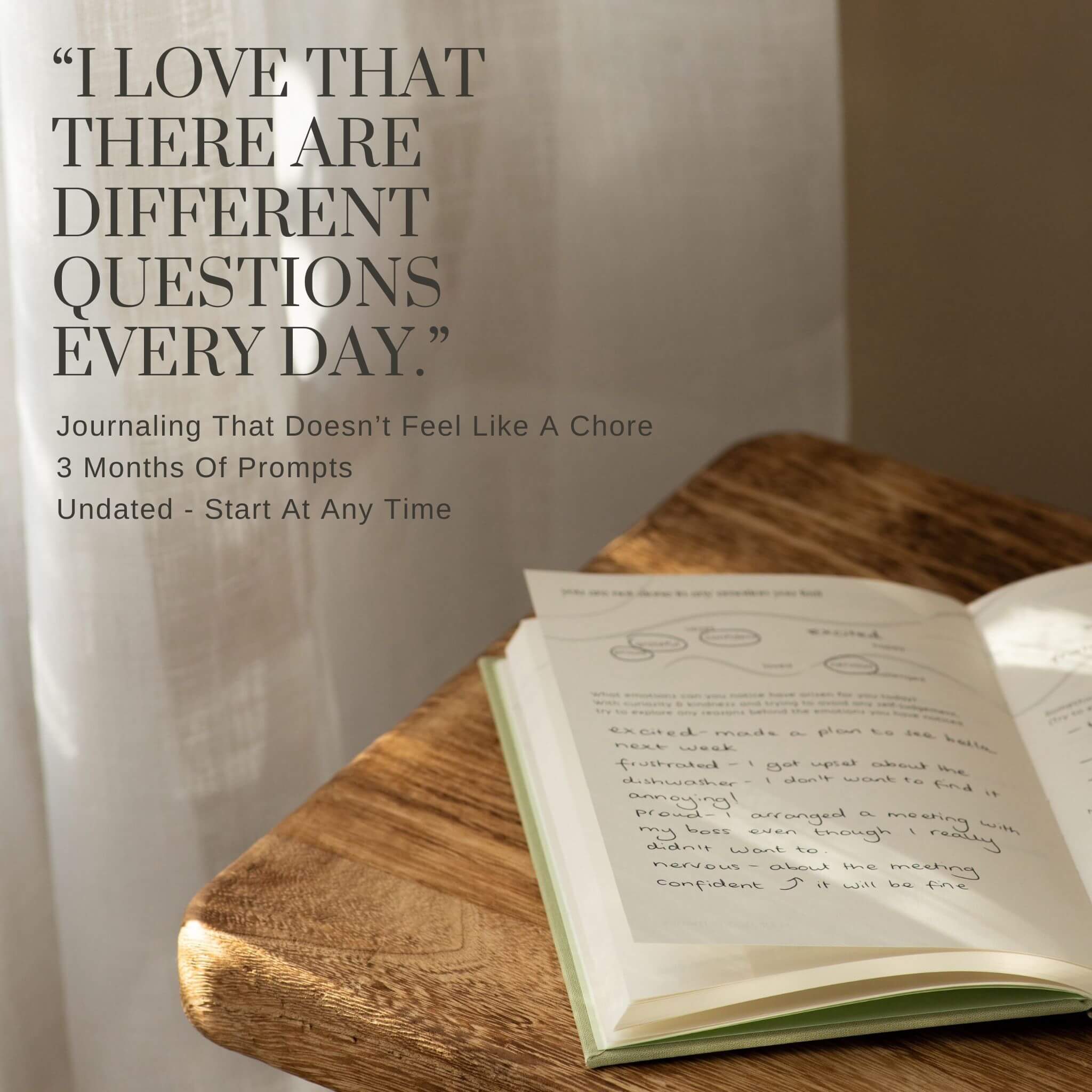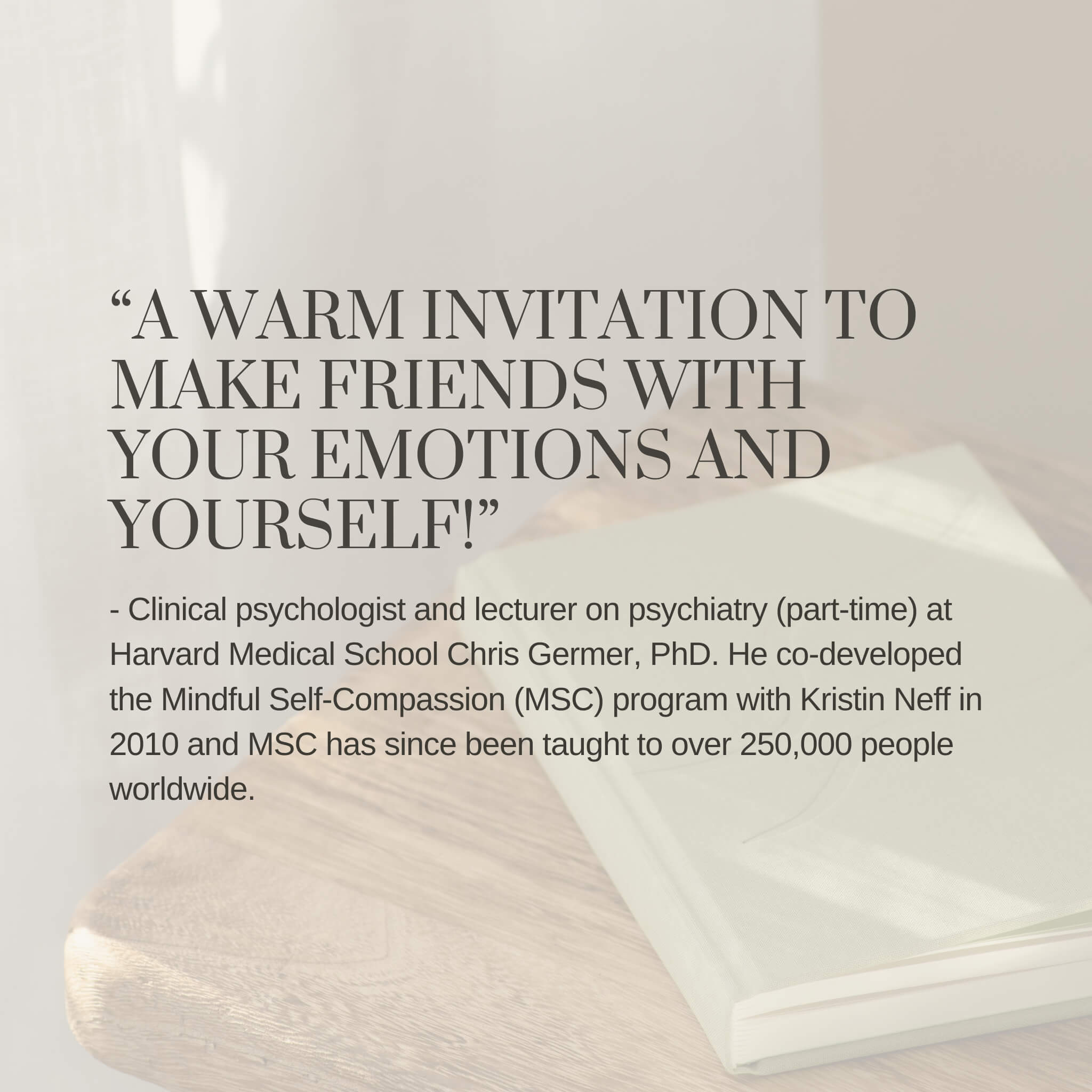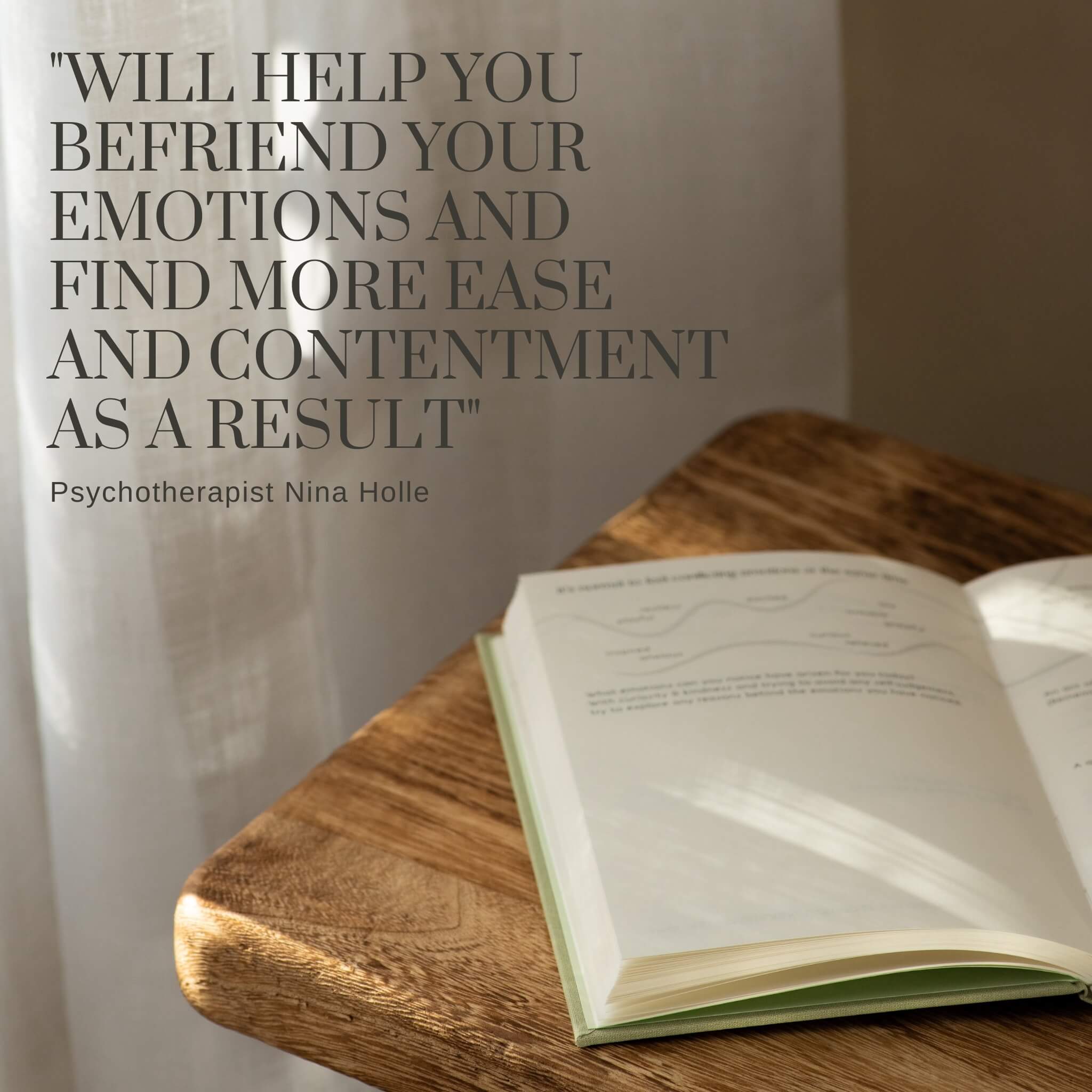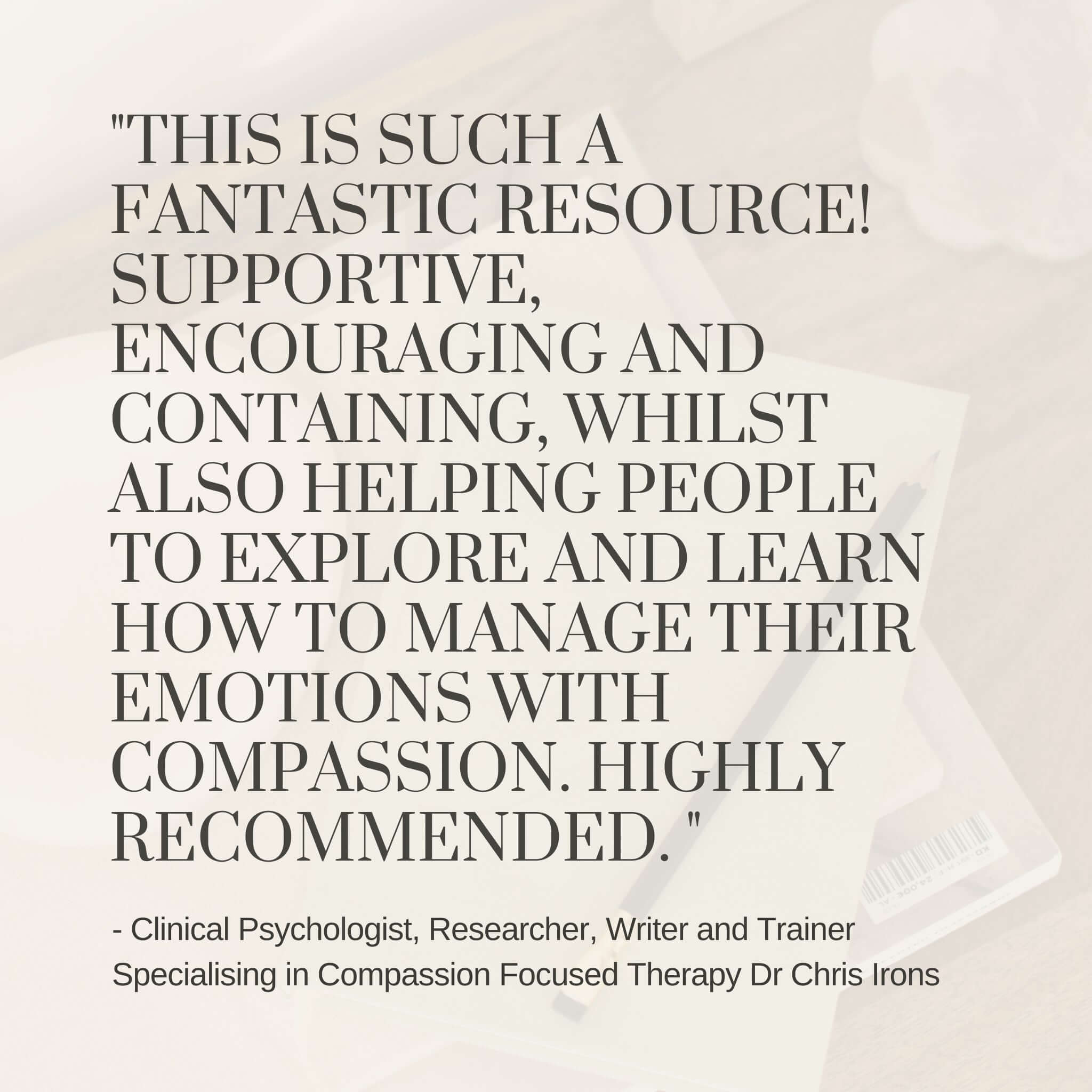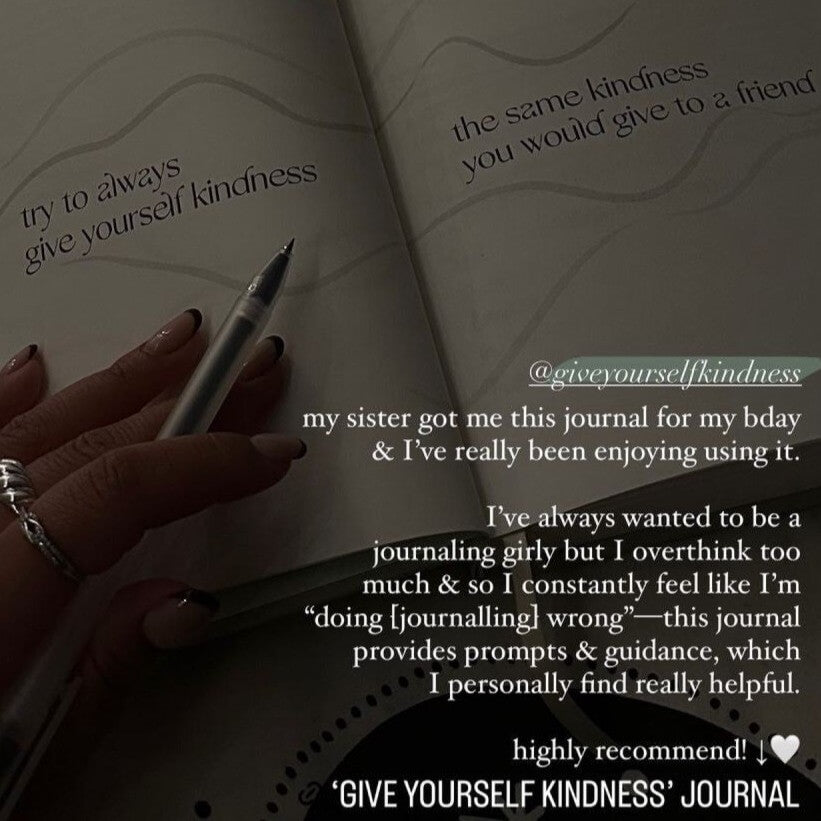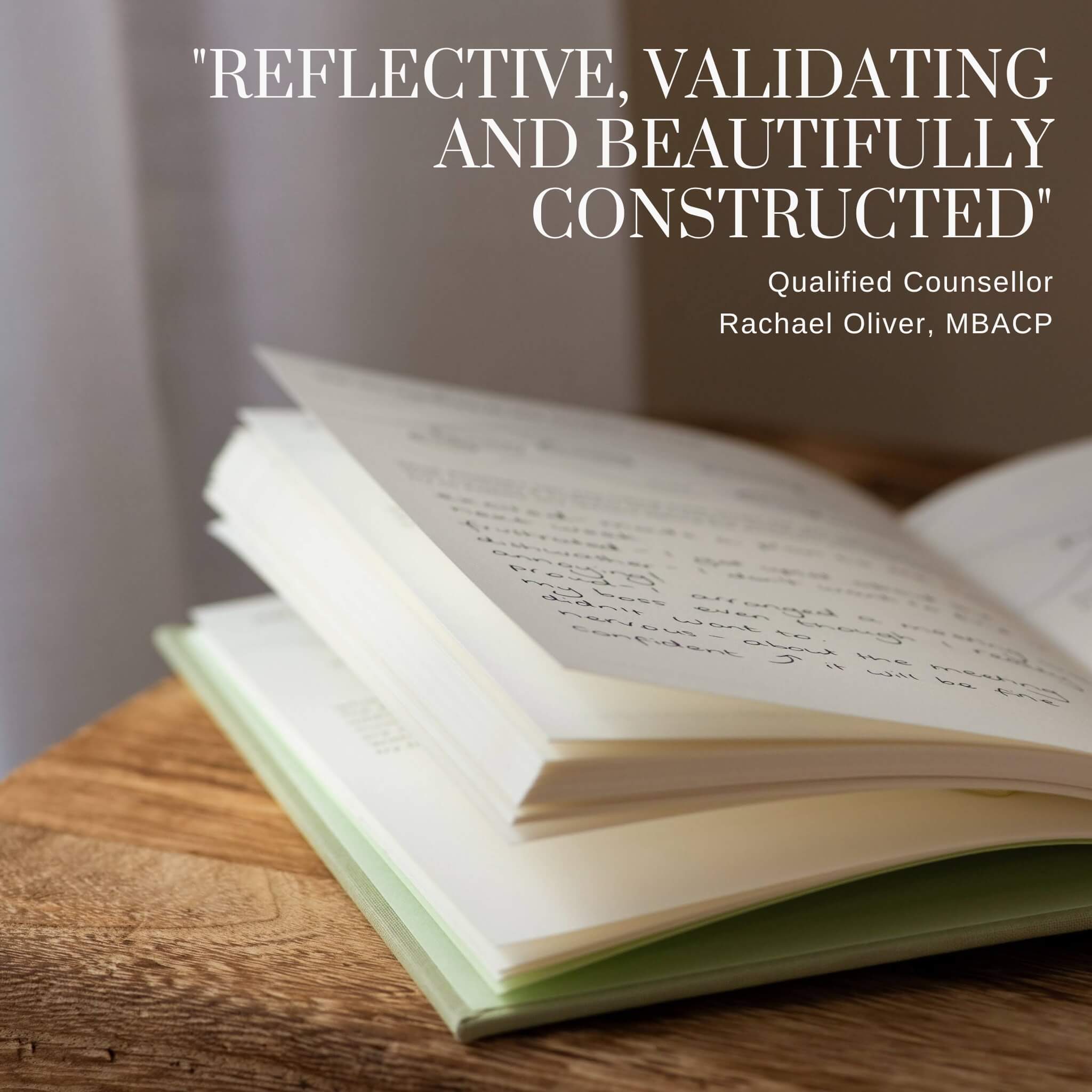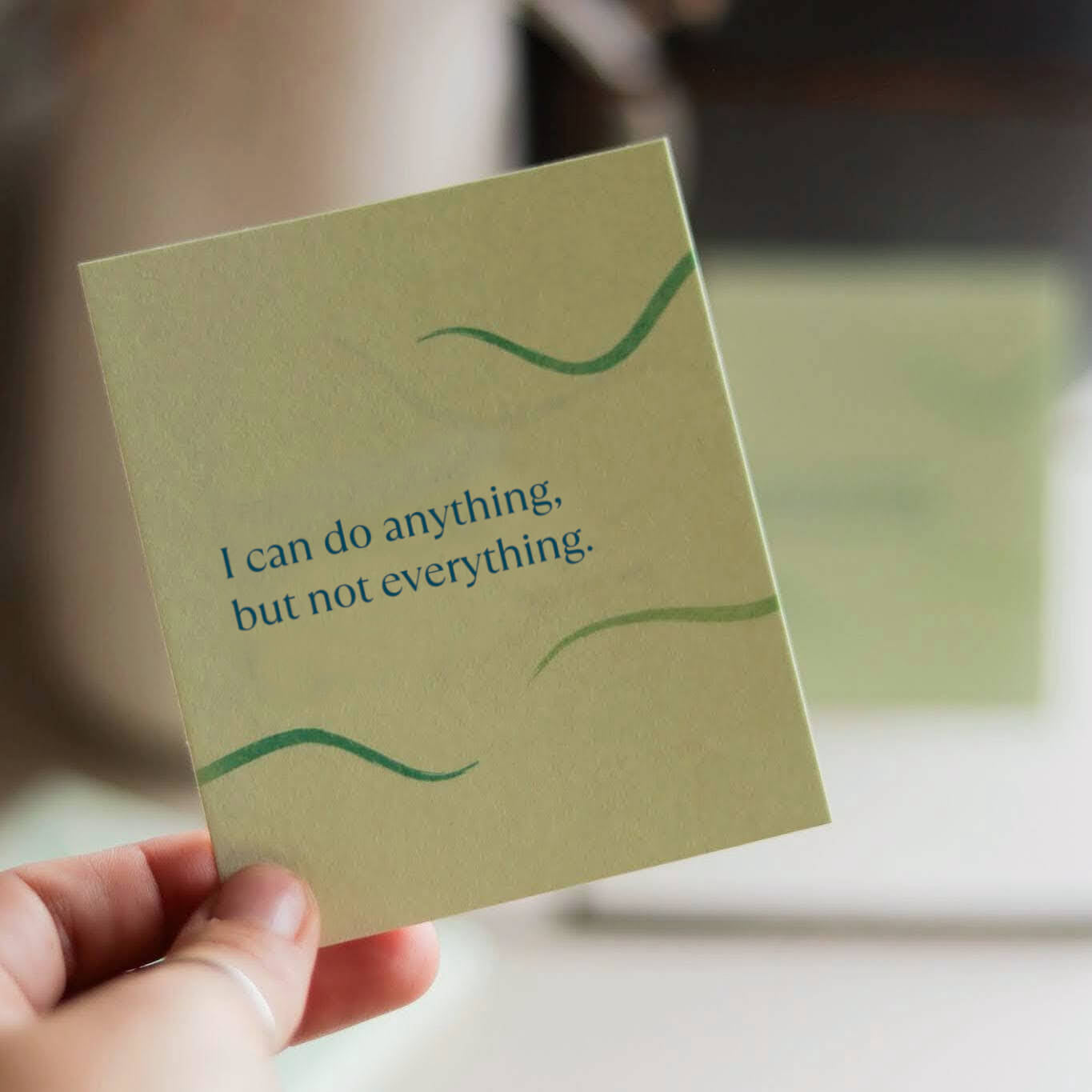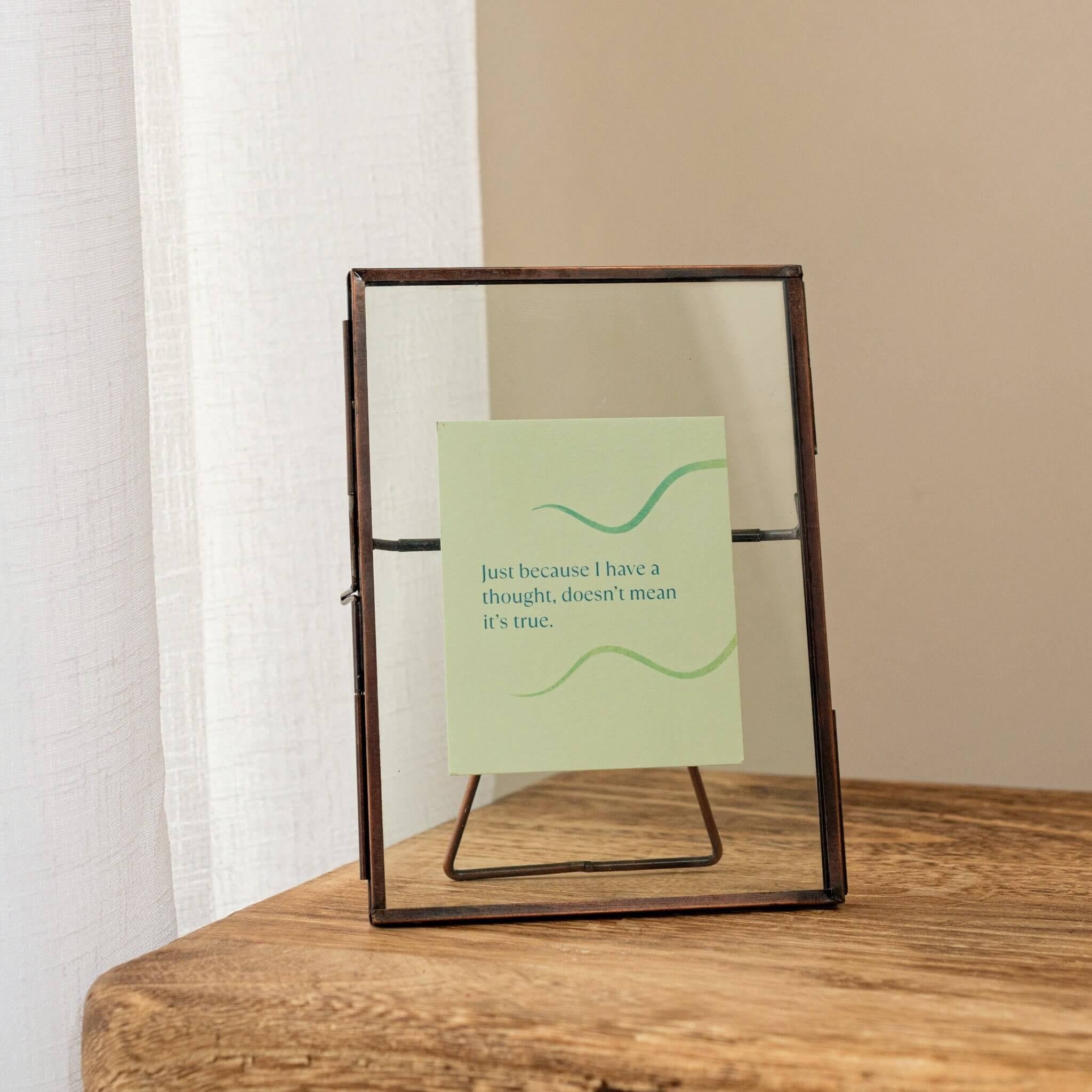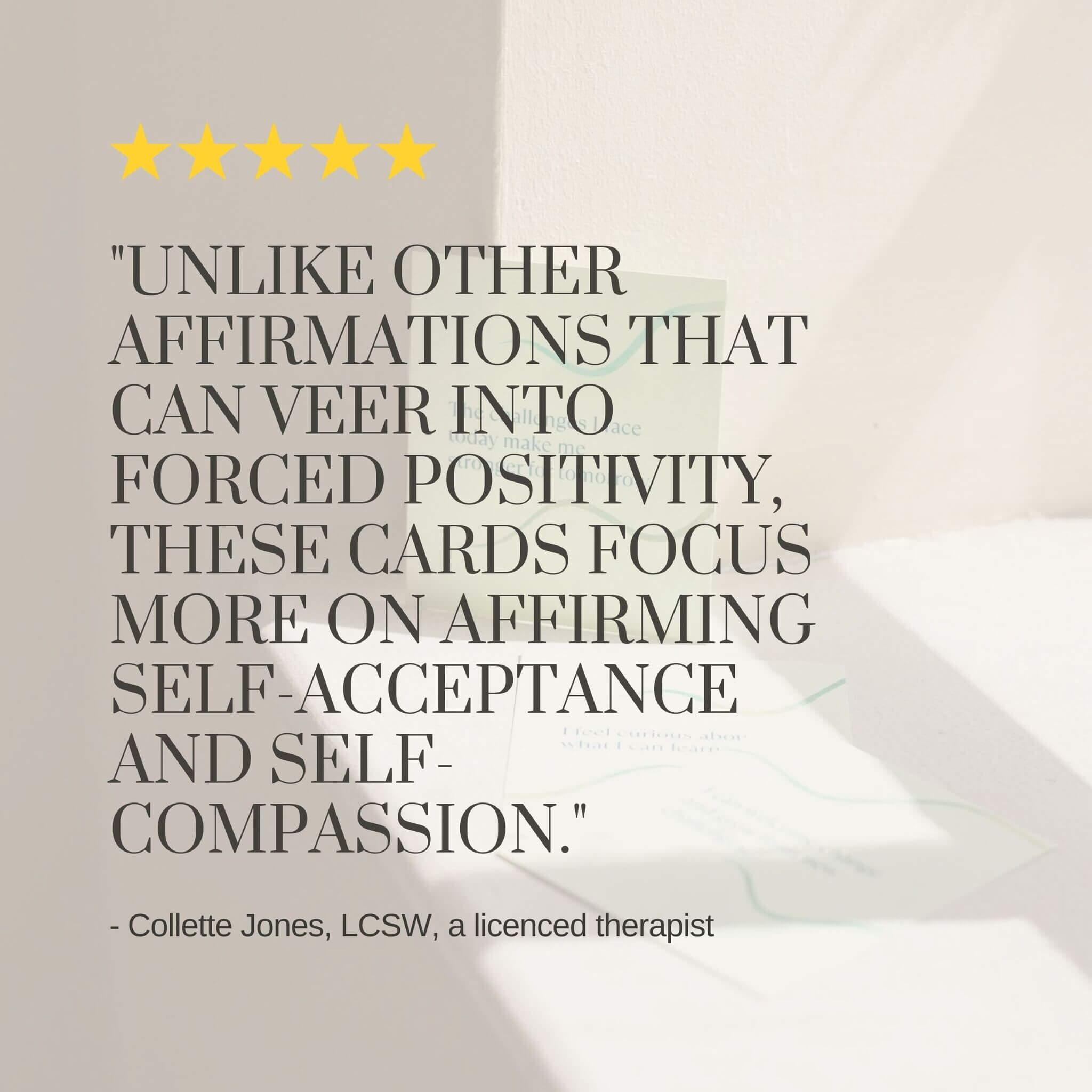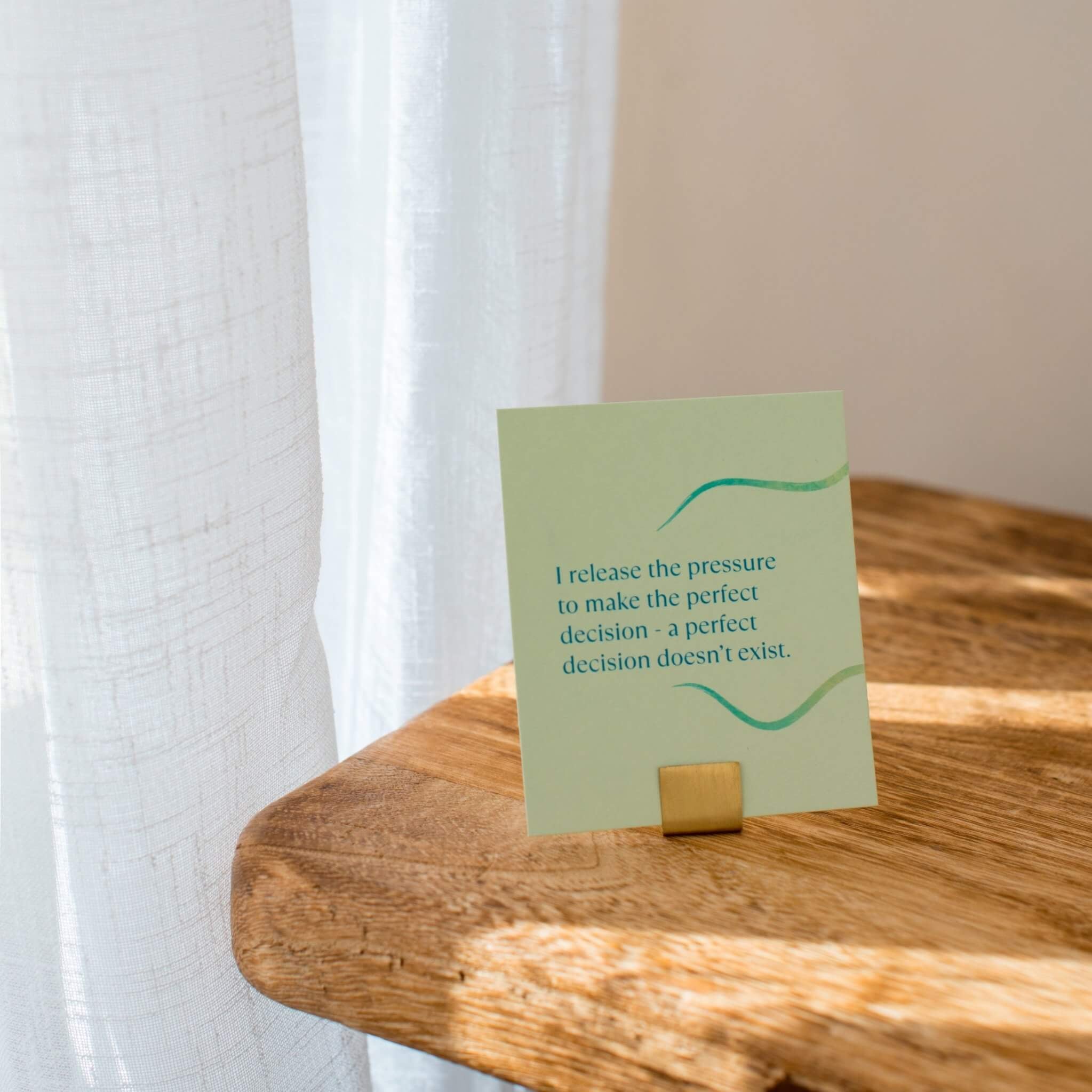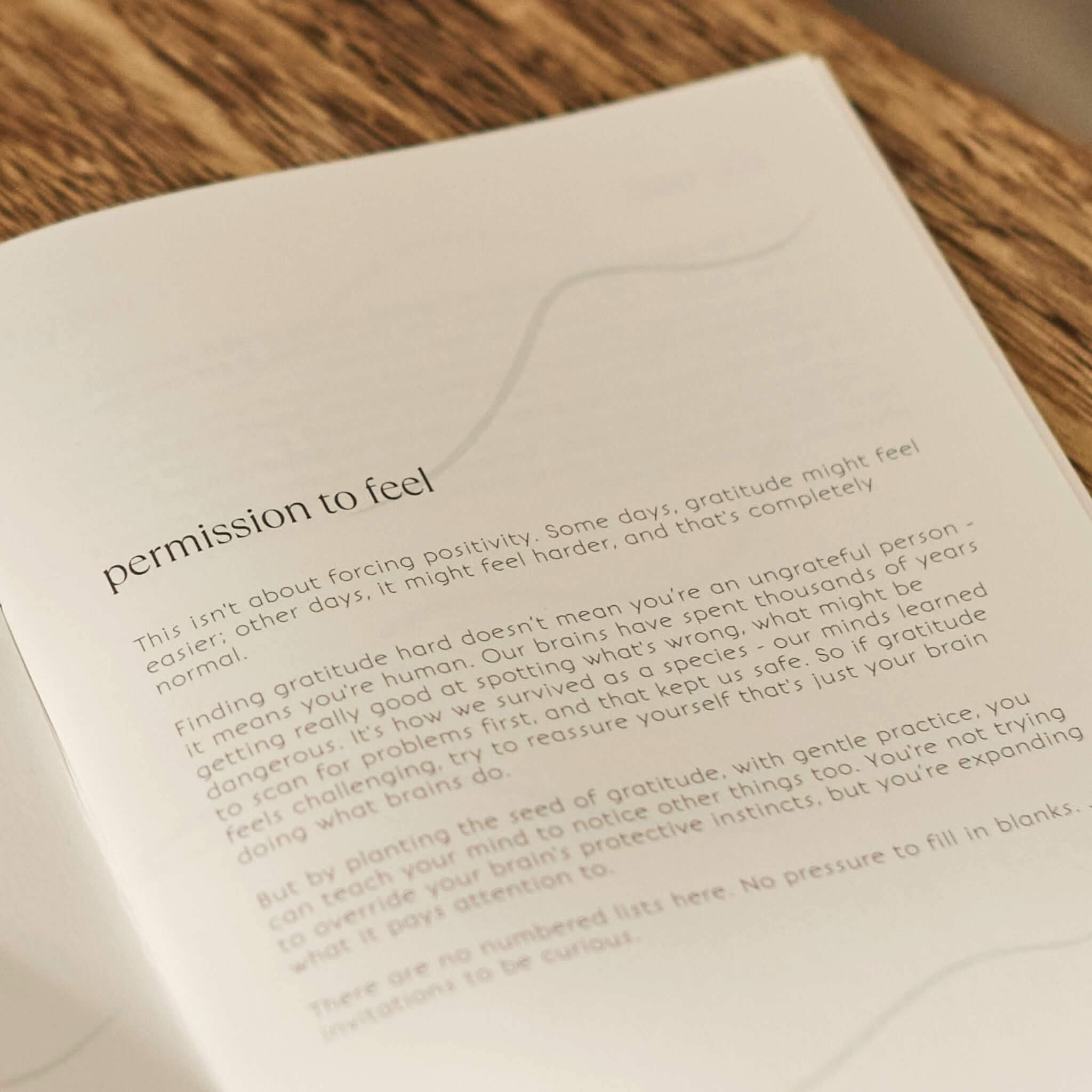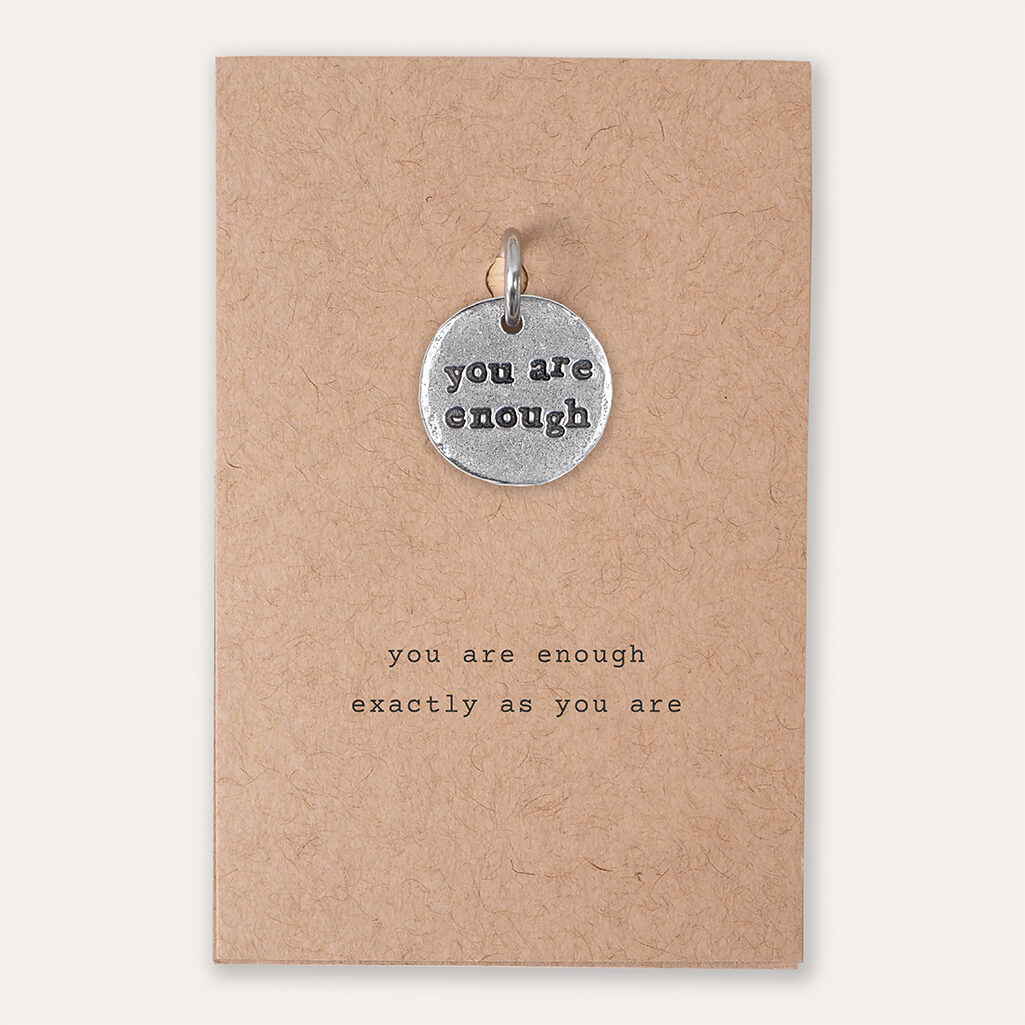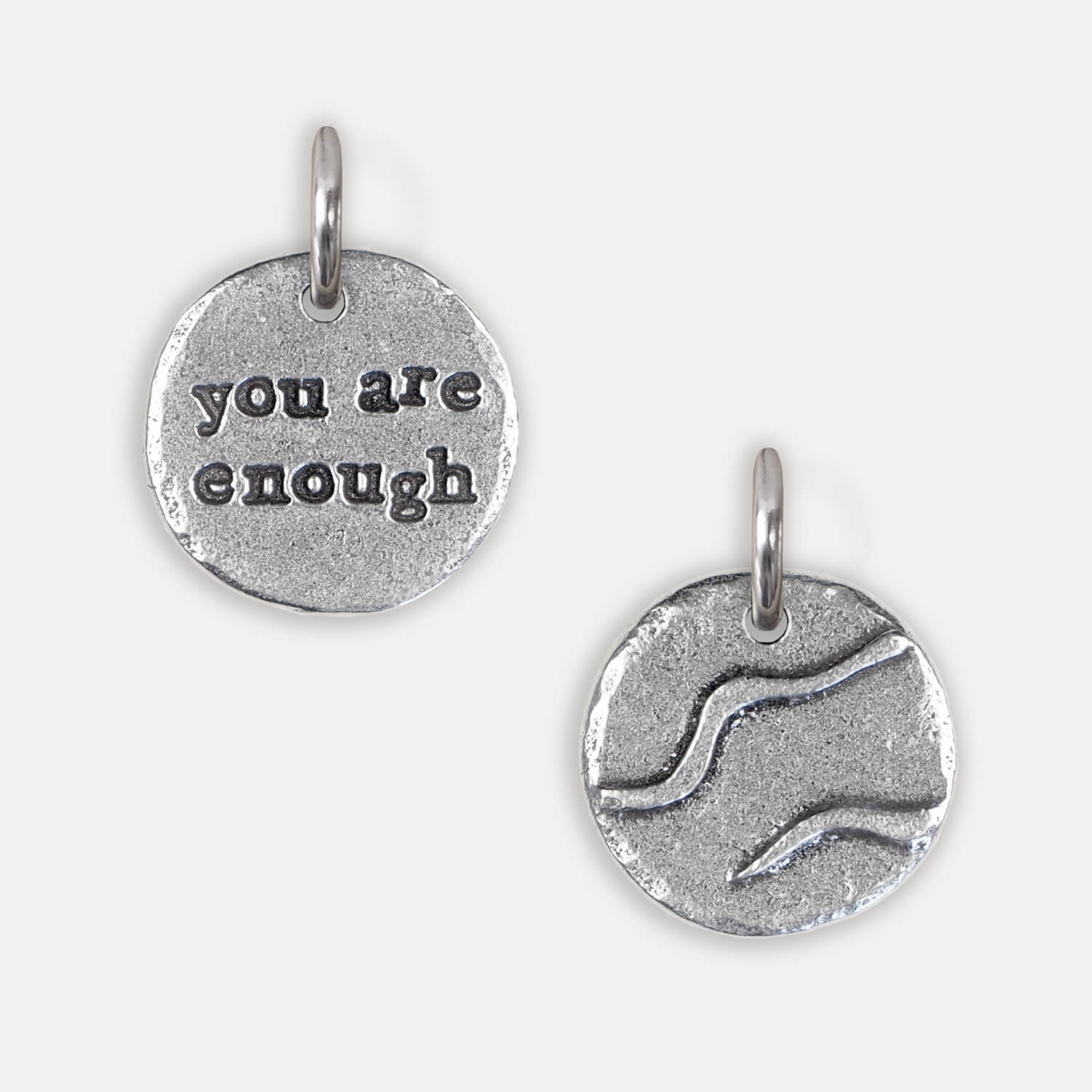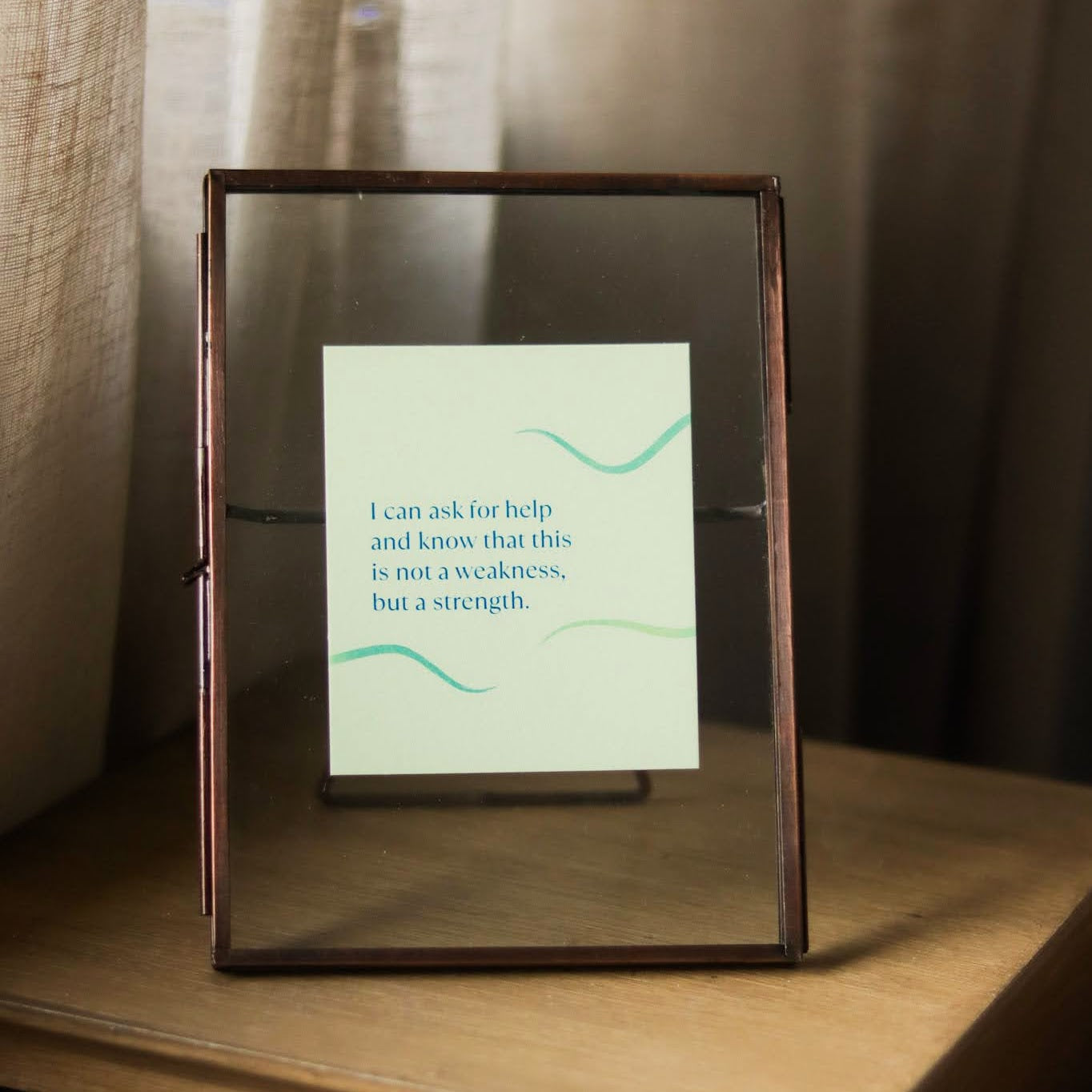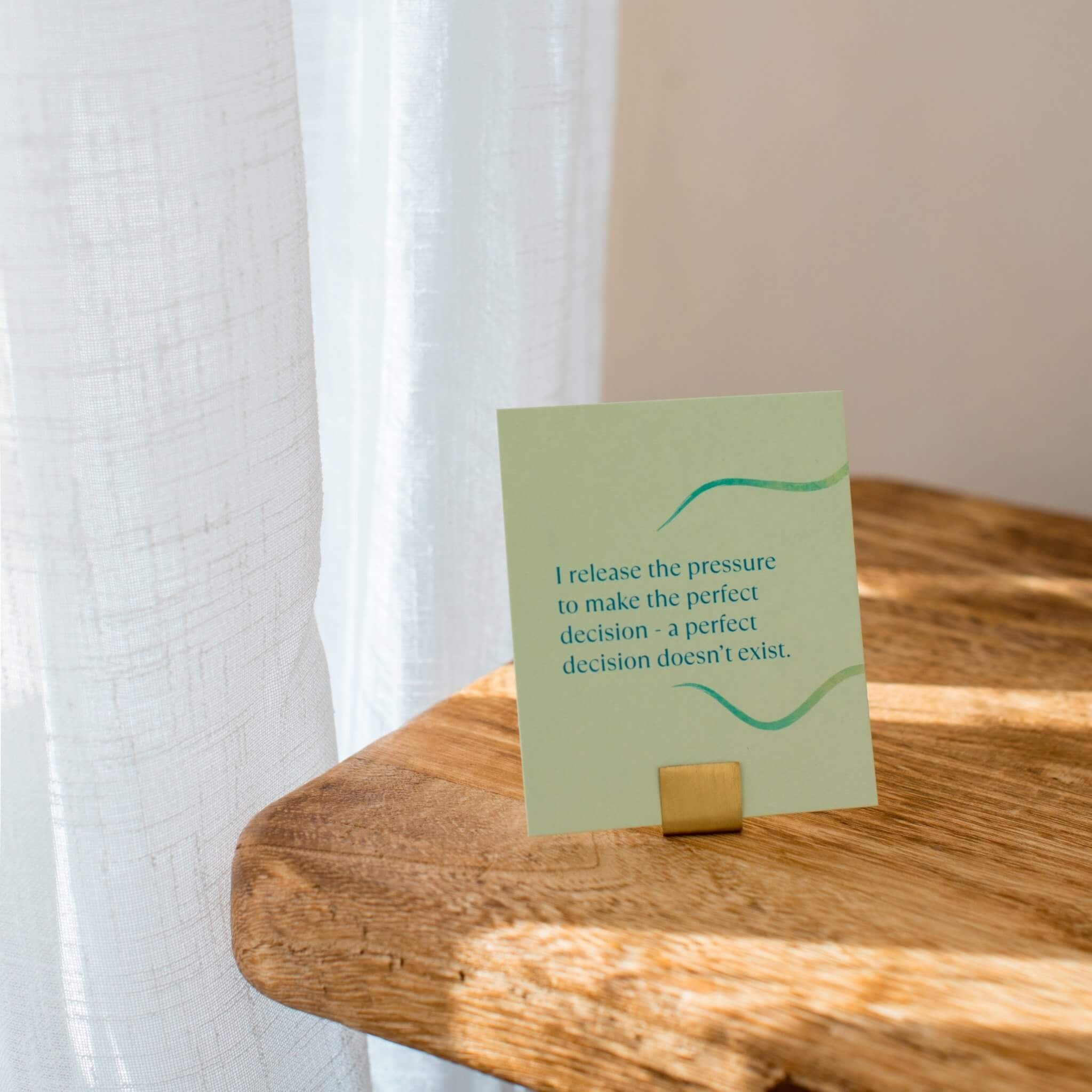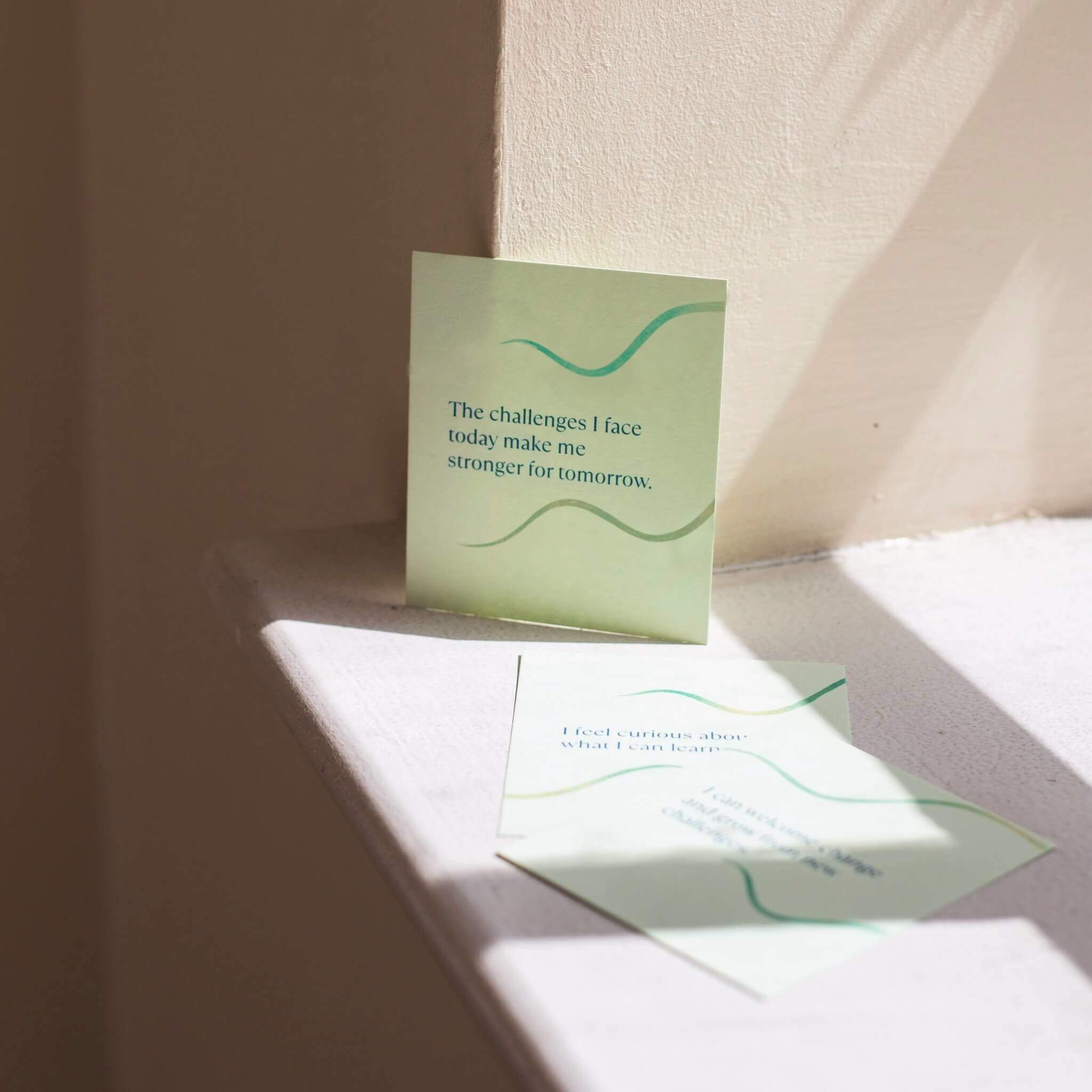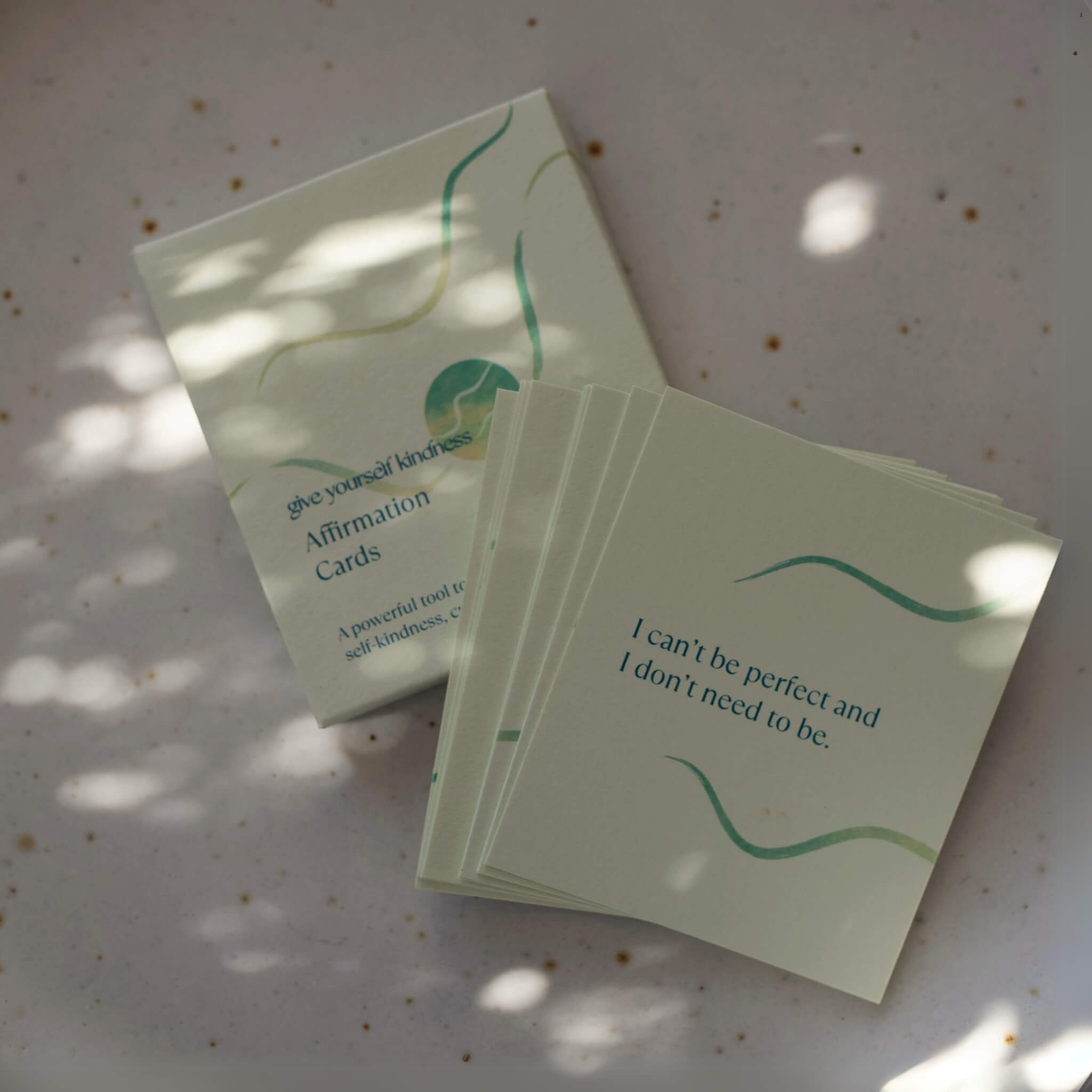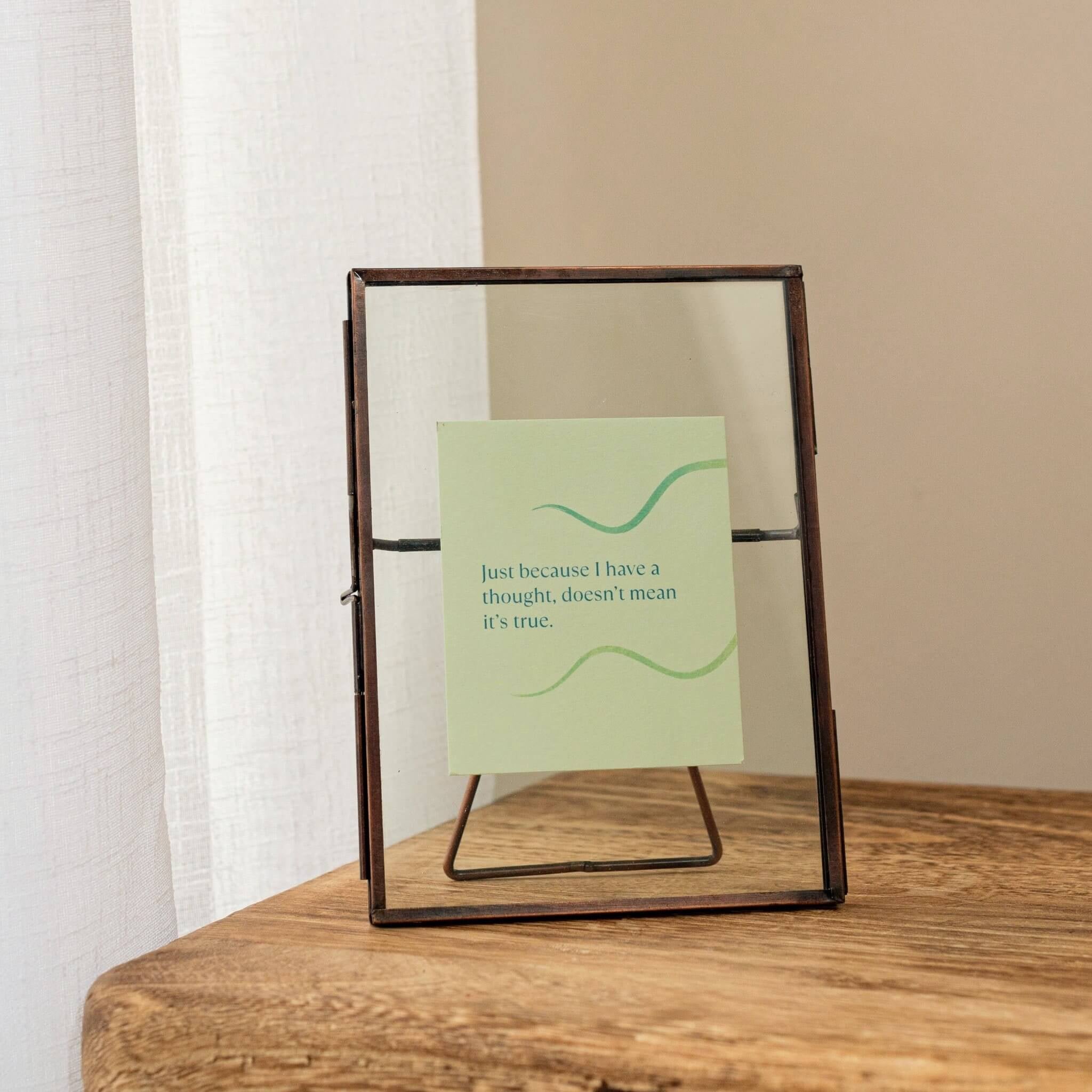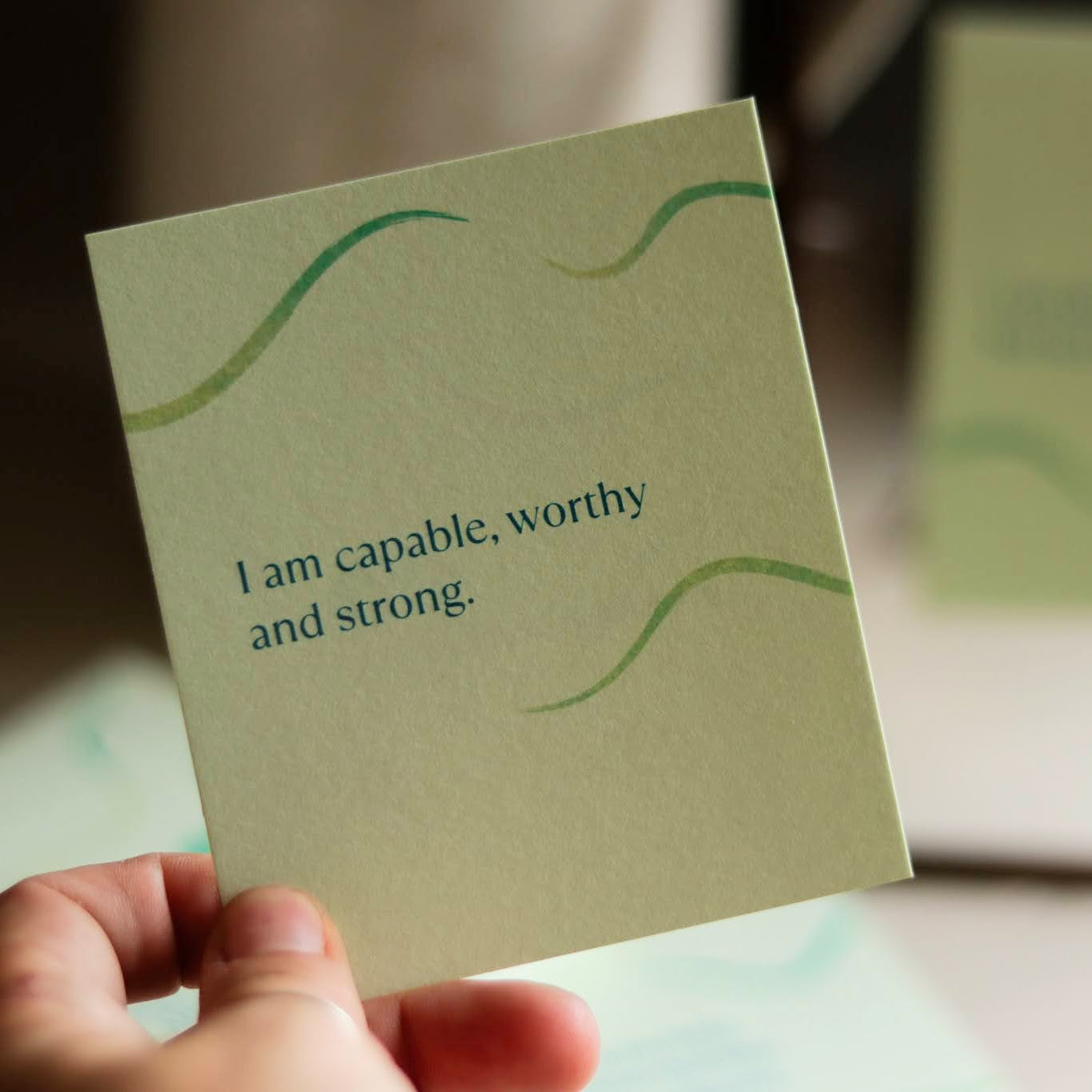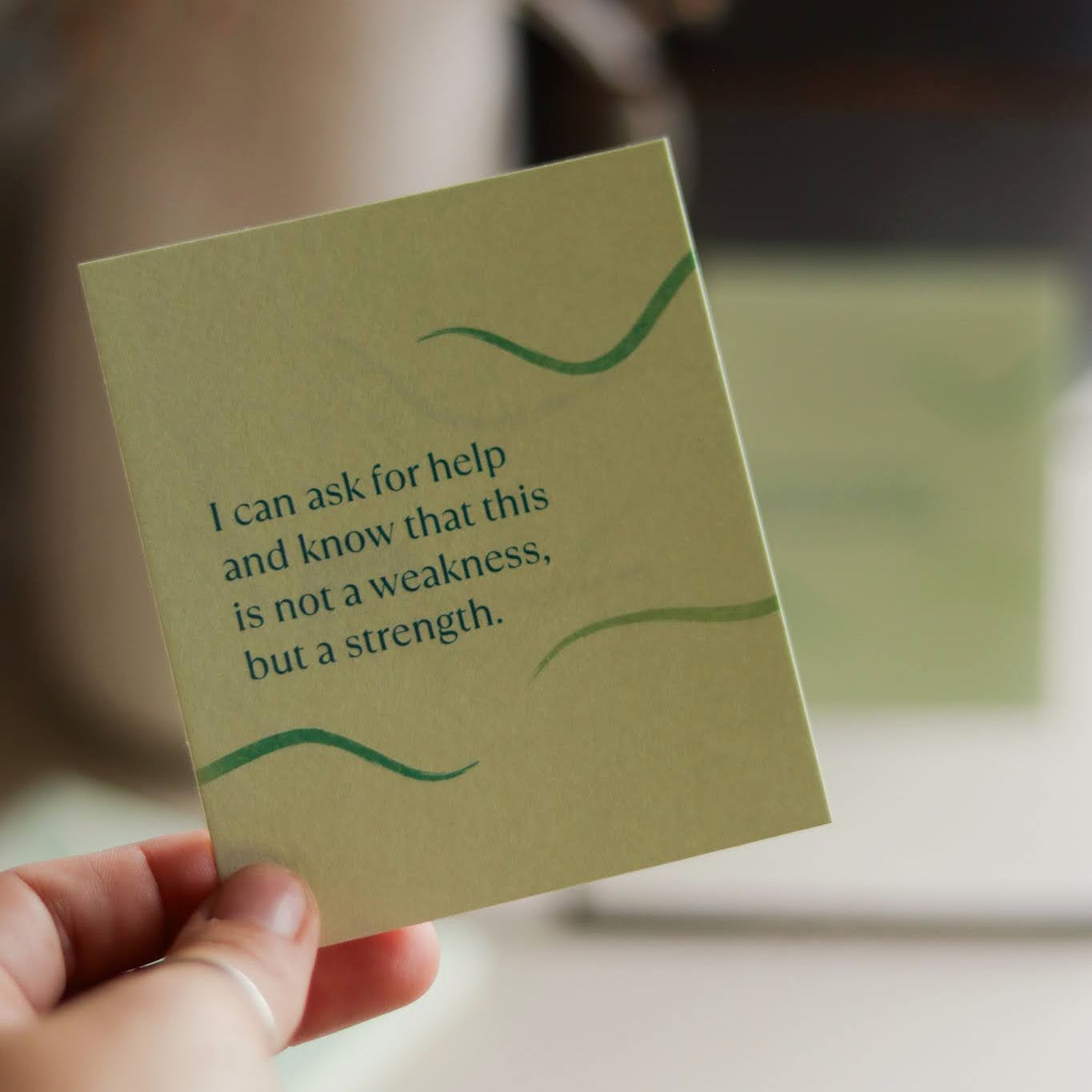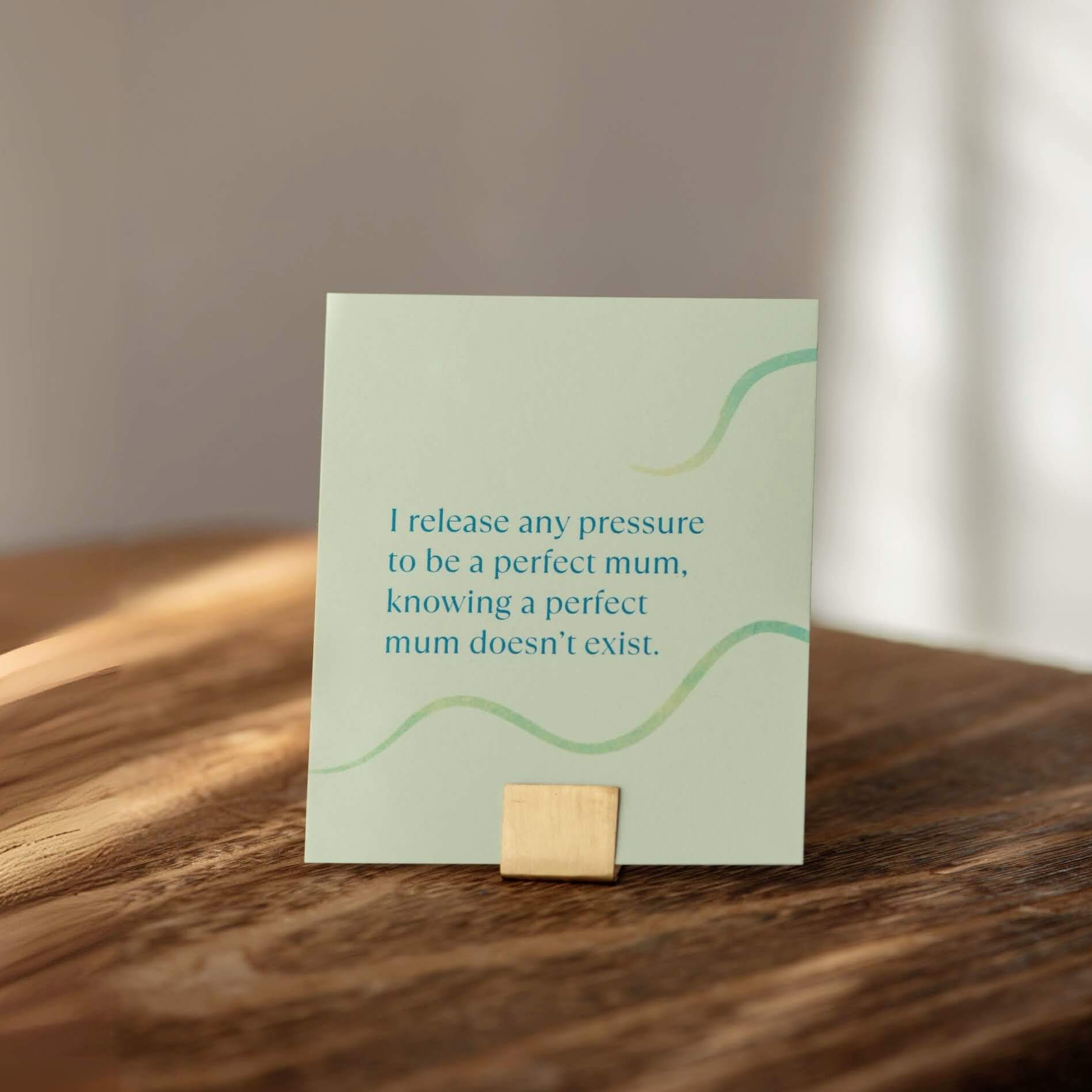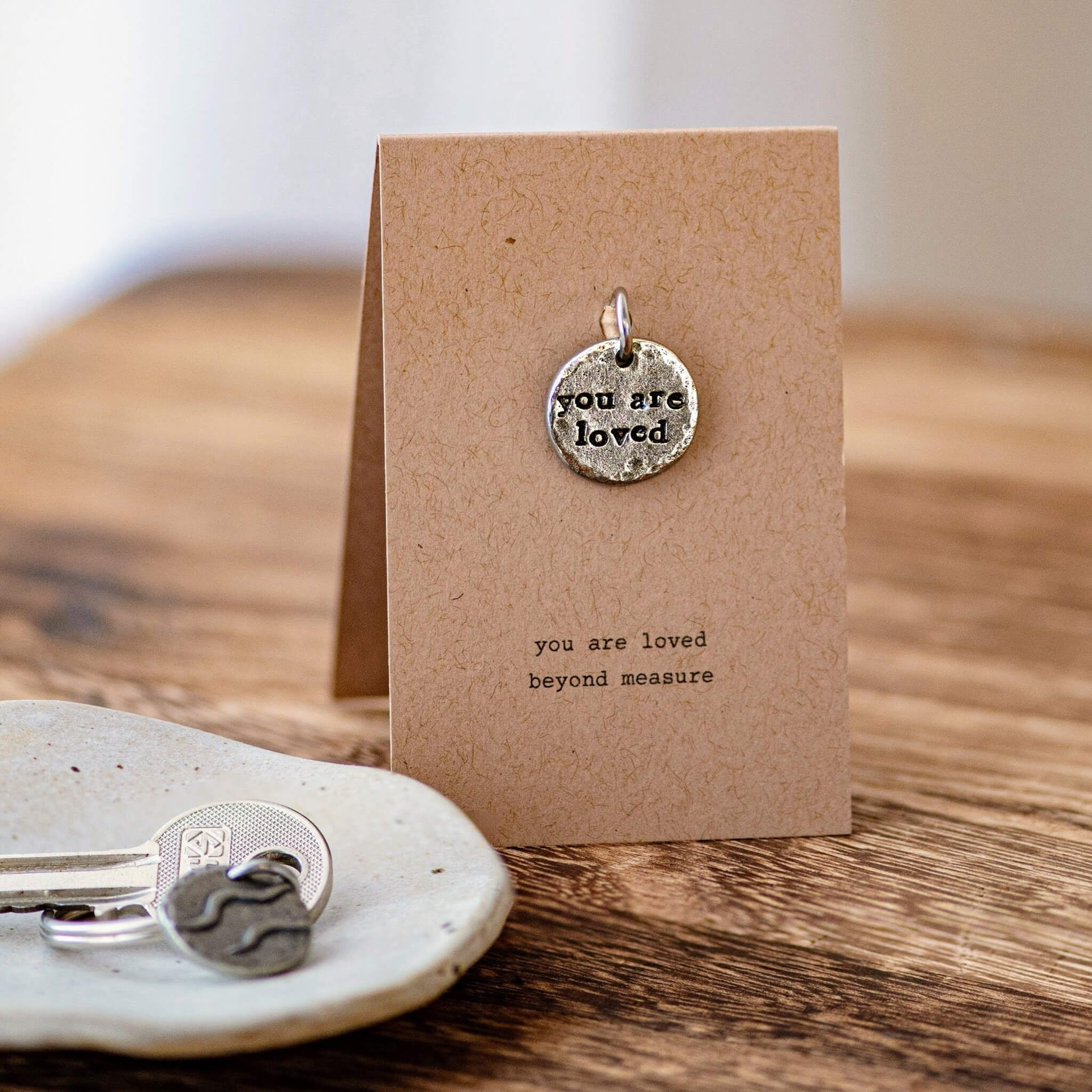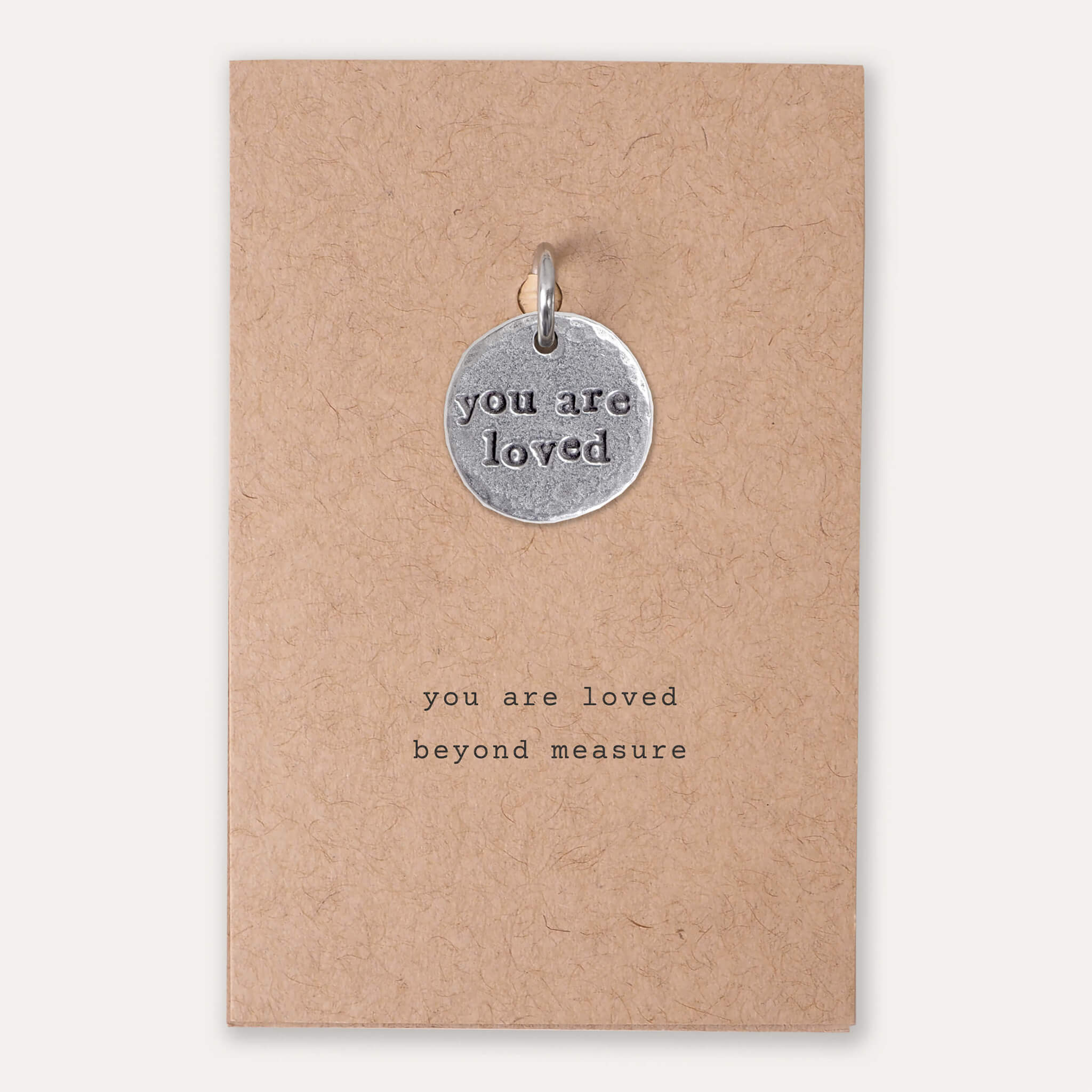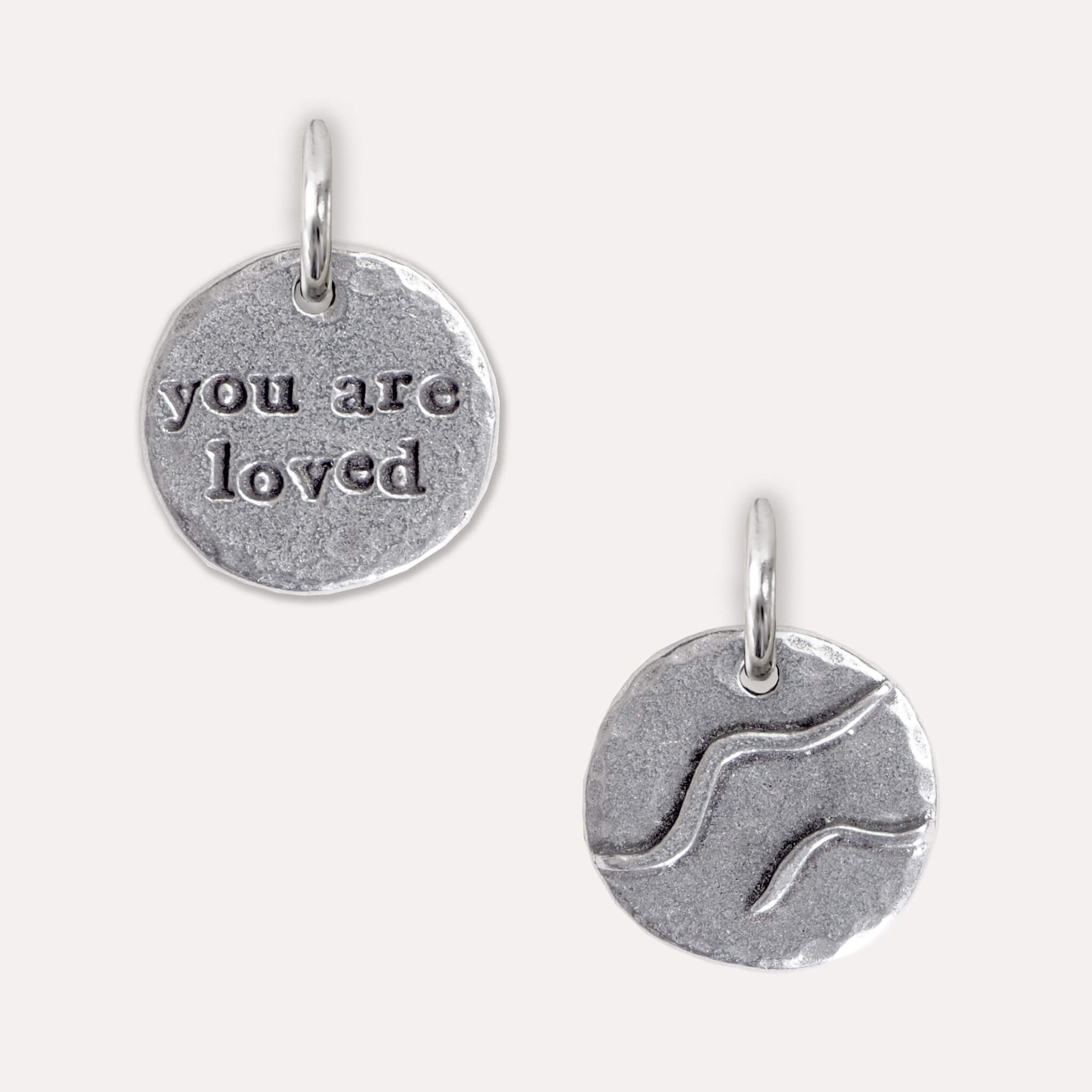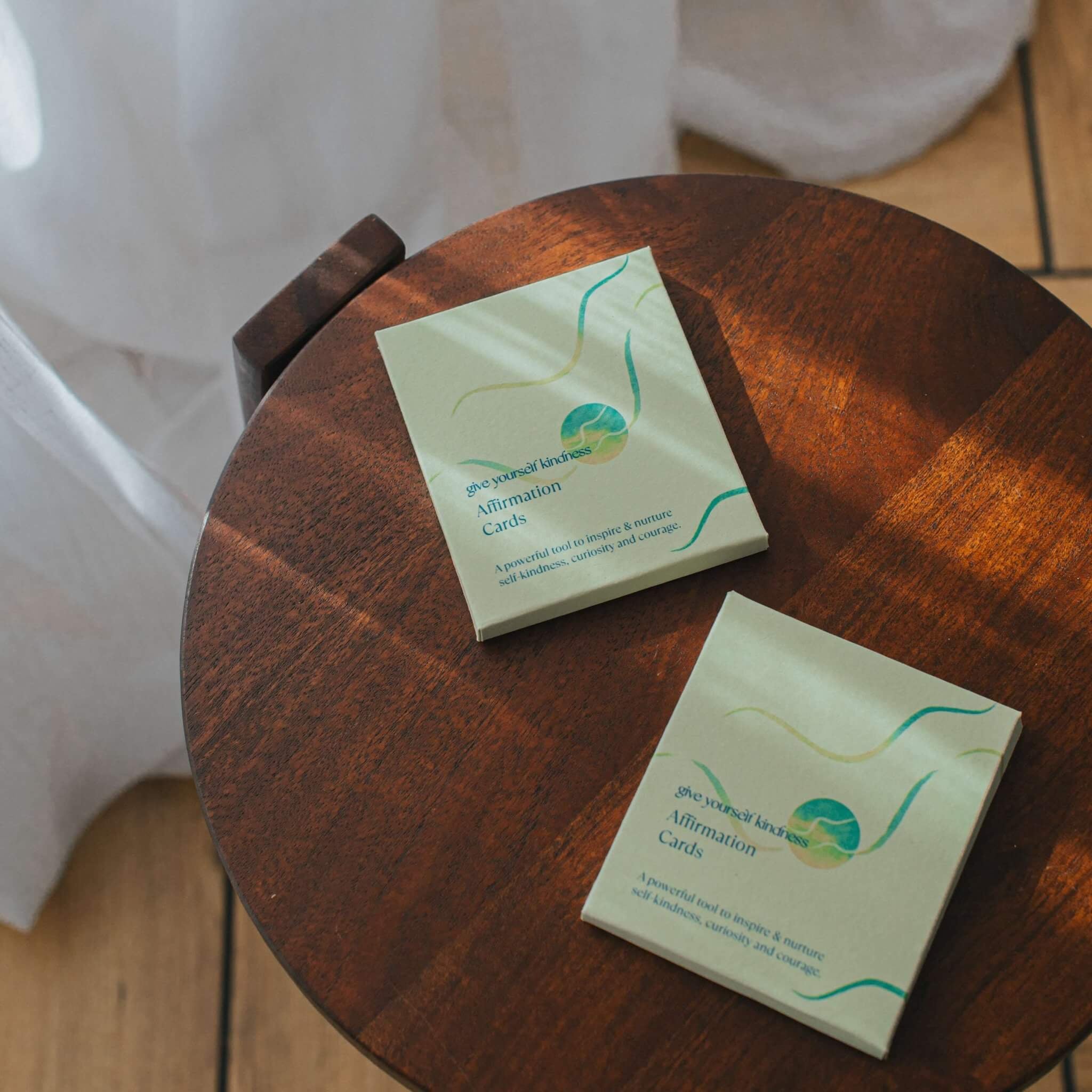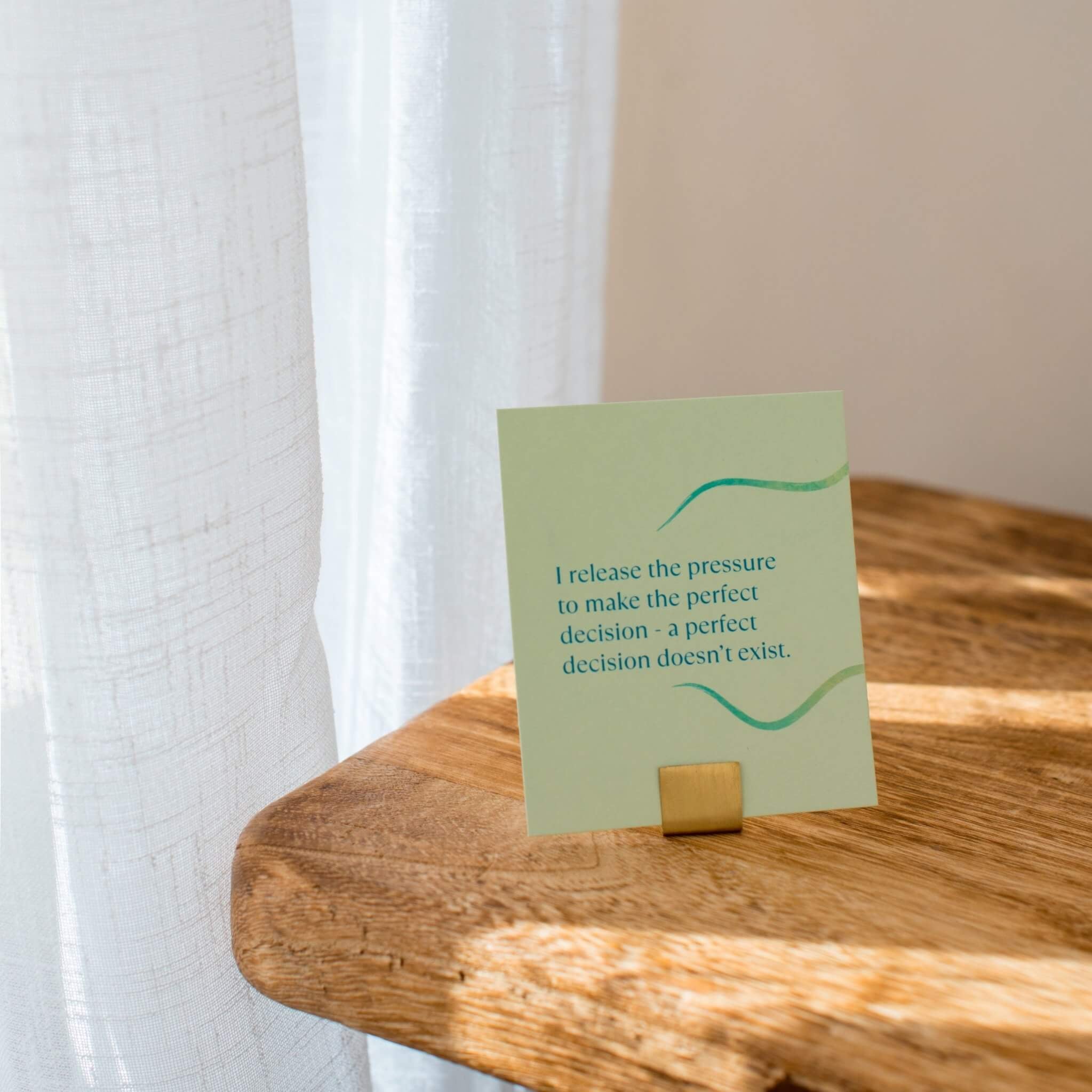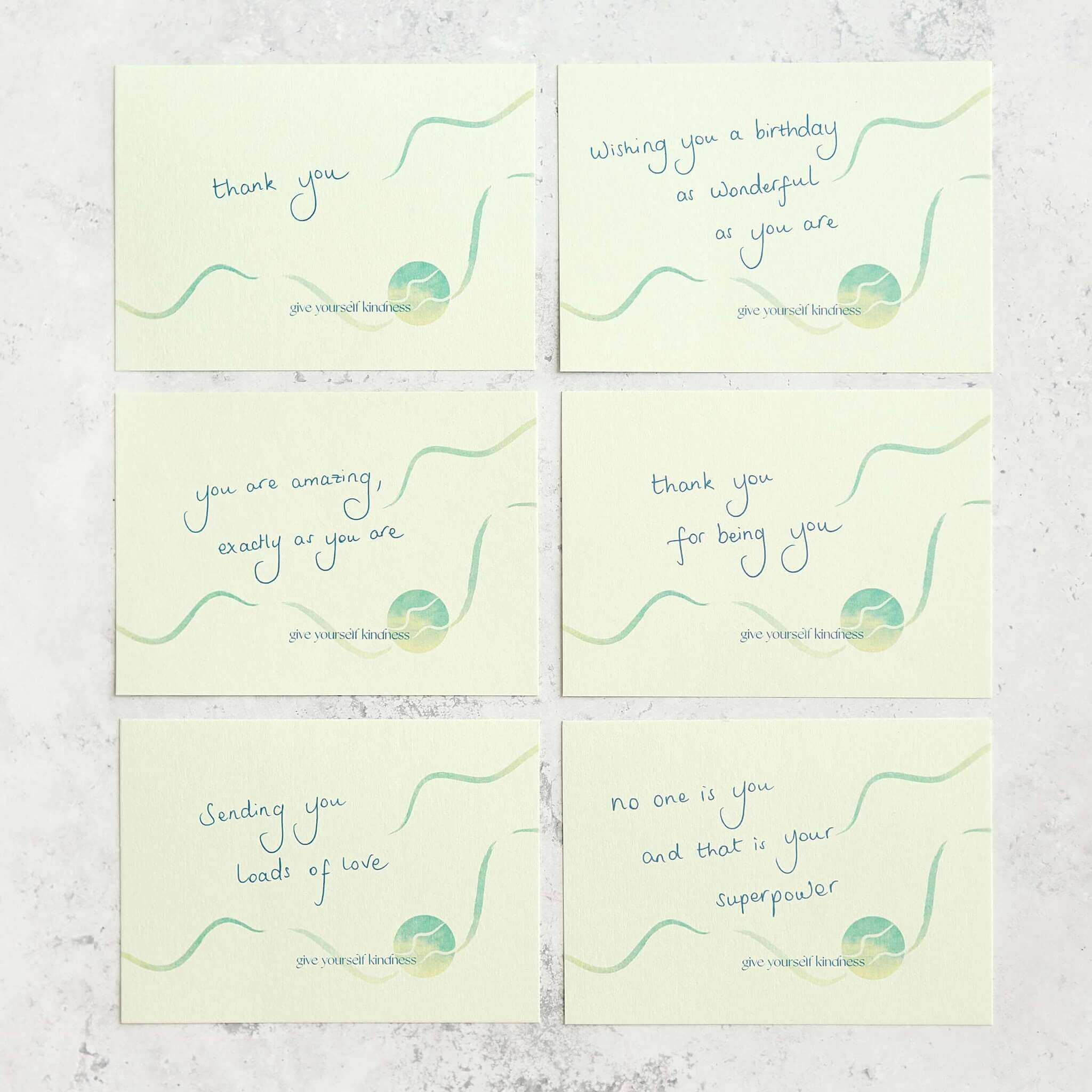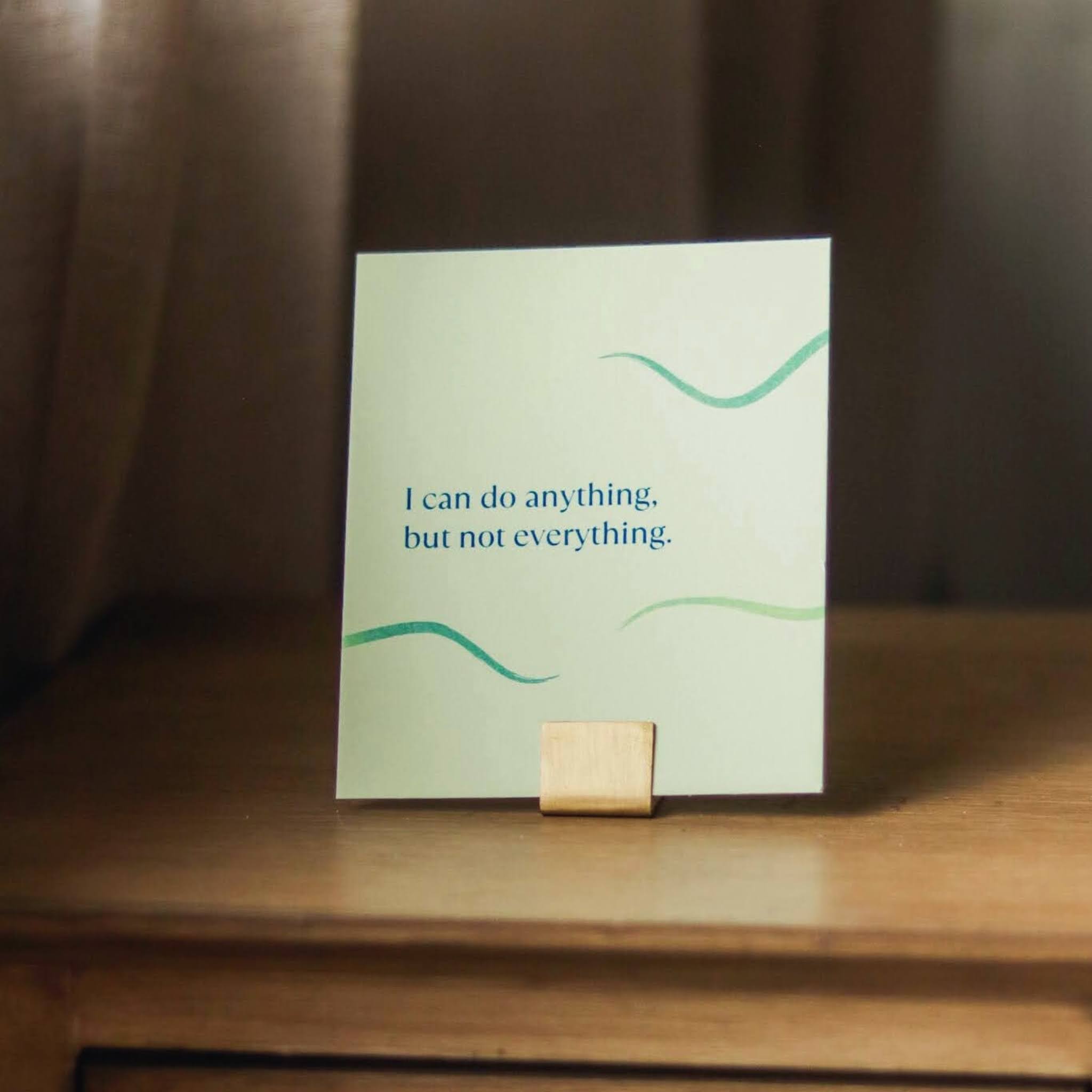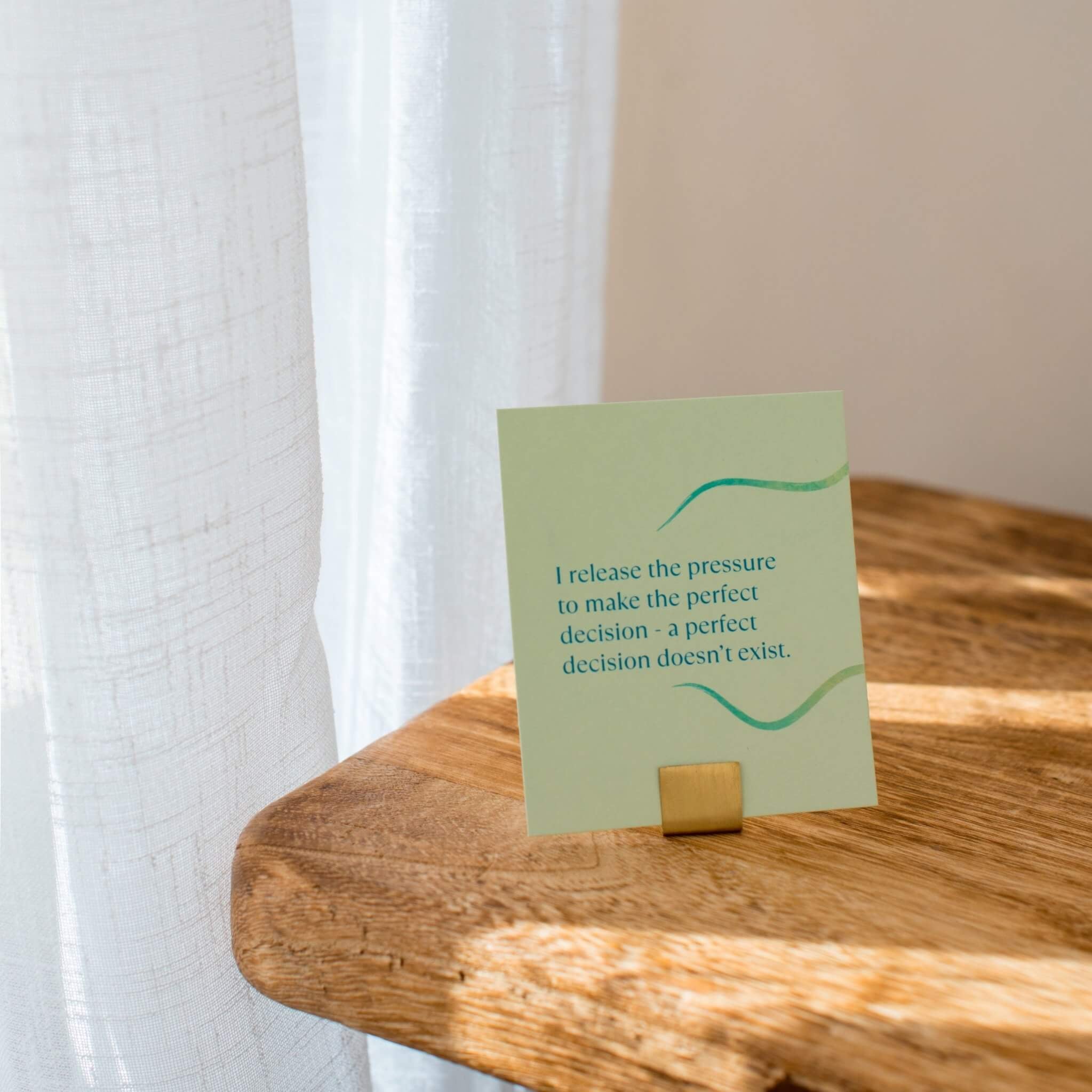written by Rick Hanson, Ph.D. a psychologist, Senior Fellow at UC Berkeley’s Greater Good Science Center, and New York Times best-selling author.
Two different meanings of the word “victim”
There is a very useful distinction between two different meanings, or connotations, of the word “victim.”
The common sense of the word “victim”
In the first and simplest sense, a “victim” is just someone, anyone, who has been assaulted, attacked, or otherwise mistreated.
'There is no shame in being a victim'
Someone walking in a crosswalk with a green light who is struck by a drunk driver is a victim. There is no shame in being a victim. In fact we should honor victims in this sense!
When one has been mistreated – when one has been victimized in the simple factual objective sense – for sure it is appropriate to have compassion for oneself much as we would have compassion for anyone else who had been mistreated – who had in fact been victimized – in the same ways.
'self-compassion leads to adaptive coping and action, not to helpless immobilization'
For most people, the accurate recognition of how they’ve been mistreated along with self-compassion leads to adaptive coping and action, not to helpless immobilization.
The uncommon sense of the word “victim”
In the second and actually uncommon sense, in some quarters the word “victim” or related terms such as “victim consciousness” carry the context of a kind of indulgence in or usage of the “victim role” to extract sympathy or other things inappropriately from others, or to sort of “wallow” in inappropriate self-indulgent “poor me, woe is me” forms of helplessness.
In this particular sense of the word “victim,” self-compassion might get exploited or co-opted in the service of these kinds of inappropriate behaviors.
Frankly I have rarely seen the mis-use of the sense of being mistreated, victimized, or being a victim described in the second sense.
The need for self-compassion, not dismissal
The greater problem I have observed is people who really were victimized being dismissive toward themselves or putting up with others being dismissive of them, including others who are prone to reducing and distorting and dismissing actual mistreatment by waving the “oh shame on you, don’t be such a victim” card.

Rick Hanson, Ph.D. is a psychologist, Senior Fellow at UC Berkeley’s Greater Good Science Center, and New York Times best-selling author. His seven books have been published in 33 languages, and include Making Great Relationships, Neurodharma, Resilient, Hardwiring Happiness, Just One Thing, Buddha’s Brain, and Mother Nurture – with over a million copies in English alone. He's the founder of the Global Compassion Coalition and the Wellspring Institute for Neuroscience and Contemplative Wisdom, as well as the co-host of the Being Well Podcast – which has been downloaded over 15 million times. His free newsletters have over 260,000 subscribers and his online programs have scholarships available for those in need. He’s lectured at NASA, Google, Oxford, and Harvard. An expert on positive neuroplasticity, his work has been featured on CBS, NPR, the BBC, and other major media. He began meditating in 1974 and has taught in meditation centers worldwide. He and his wife live in Northern California and have two adult children. He loves the wilderness and taking a break from emails.






